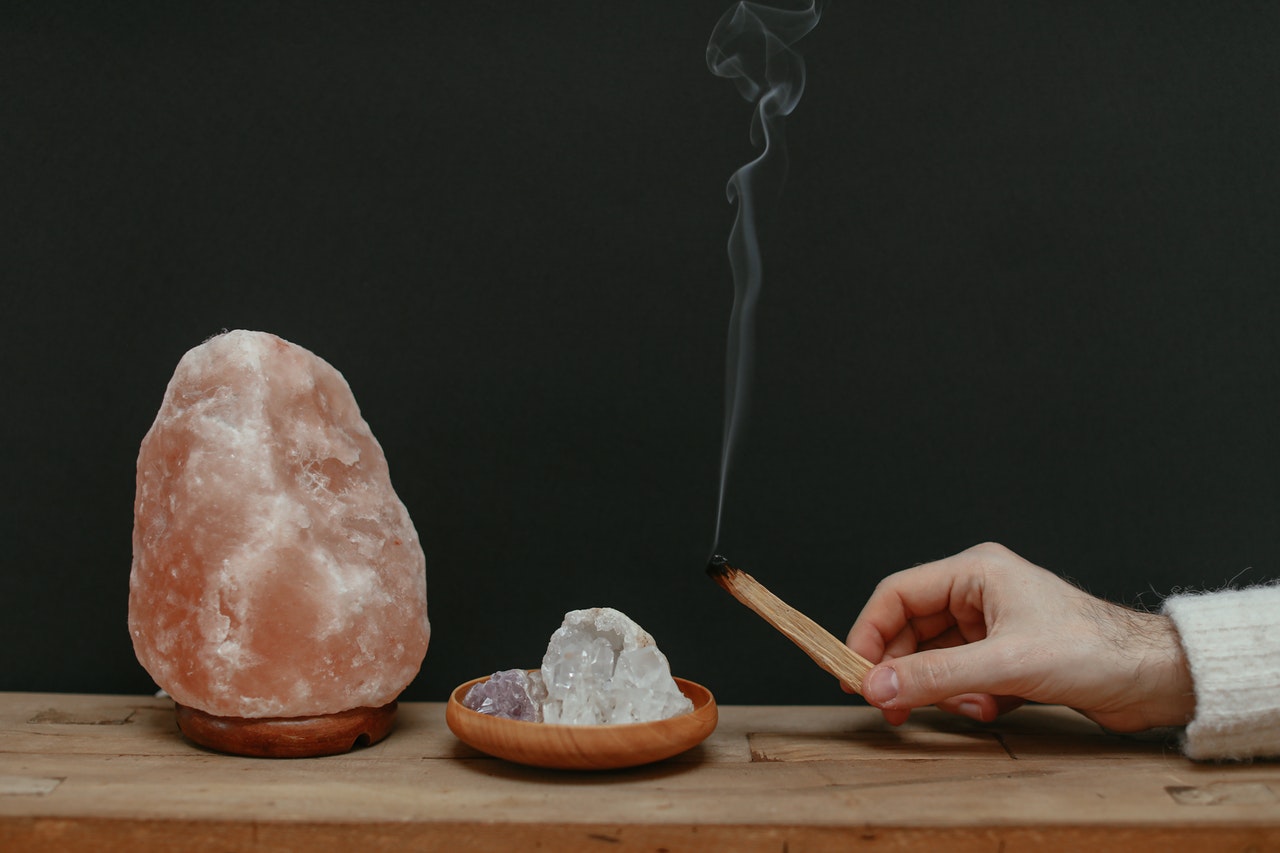

Reiki is cumulative and even people who don't notice much the first time usually have progressively deeper experiences if they continue.

The most common experience is an almost immediate release of stress and a feeling of deep relaxation. Sometimes the experience of Reiki is dramatic, while for other people, the first session in particular may be uneventful, although they feel somehow better afterward. Some people fall into a deep, sleeplike meditative state. An interesting study reported that recipients frequently feel that they are hovering in a threshold state of consciousness, simultaneously aware of their surroundings and deeply indrawn. People often comment how comforting they find the experience of Reiki to be. Other common experiences are subtle pulsations where the practitioner's hands are placed or cascading waves of pulsations throughout the body. People often experience heat in the practitioner's hands, but sometimes the practitioner's hands feel refreshingly cool. The experience of Reiki is subjective, changeable, and sometimes very subtle. The system of reiki works in conjunction with all other medical or therapeutic techniques to support the relief of side effects, reduce pain and promote wellness."I feel very refreshed and seem to be thinking more clearly." "I think I fell asleep." "I can't believe how hot your hands got!" "I feel more relaxed than even after a massage." "My headache is gone." These are some of things people typically say after a Reiki session. In Australia, it is currently being provided in many hospitals, nursing homes, palliative care hospices and community service settings.

#Reiki session professional
Many of these have a directory of referred practitioners who meet the required criteria for professional practitioners. The best way to find a reiki practitioner is by referral from friends, or you can contact the various reiki associations. These associations will have a set of standards of practice and codes of ethics that practitioners must abide by. Most countries have professional reiki associations for practitioners. A professional reiki practitioner should also have first aid skills and membership of a professional organisation. Reiki practitionerĪ professional reiki practitioner is someone who has completed at least the second level of a reiki course and is insured appropriately. Be very wary of any reiki practitioner who advises you to abandon your conventional medical treatment.ĭo not stop any medical treatments on the advice of your reiki practitioner. This may prompt a person with cancer to abandon medically proven treatments such as surgery, chemotherapy and radiotherapy.Īlways be guided by your doctor or specialist. Some reiki practitioners claim they can heal serious diseases, such as cancer. Reiki is a complementary therapy in that it works alongside other medical and therapeutic techniques. Reiki is not a treatment for illness or disease. Reiki will not cure illnesses or disease, but it may help your body to feel more relaxed and peaceful. If it is high, however, they are more capable of being happy and feeling well. The underlying philosophy of reiki is that if a person’s energy is low, they are more likely to be unwell or stressed.

Developed in the late 19 th century, reiki is applied through non-invasive, non-manipulative gentle touch. Reiki, pronounced ‘ray-key’, is a Japanese form of therapy that aims to increase energy levels and promote relaxation and wellbeing.


 0 kommentar(er)
0 kommentar(er)
